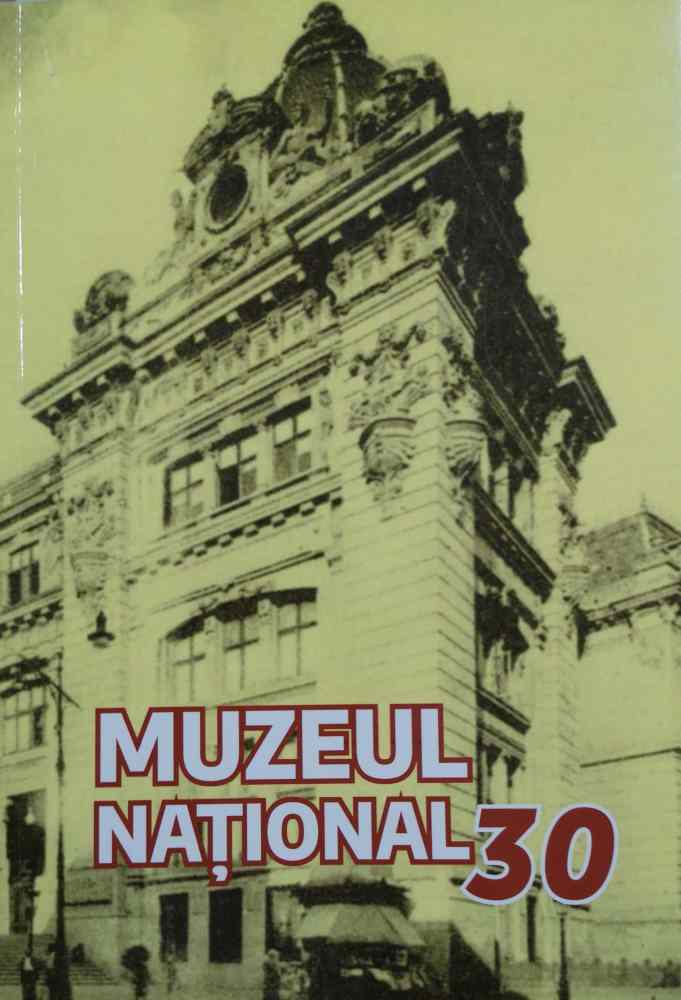| Excerpt |
In the aftermath of the Second World War, the geopolitical map of the Balkans underwent fundamental transformations. Monarchies were replaced by republics dominated by Communist parties, imposed by the Soviet Union. Exile was thus forced upon monarchs such as Zog I of Albania, and then Peter II of Yugoslavia, continuing with Simeon II of Bulgaria and Mihai I of Romania. Their life and destinies, as well as those of their fellow citizens, were fundamentally influenced by the critical historical changes instrumented by the Soviet Empire in the Balkans. In Romania, the monarchy managed to survive for a further two years after the war ended, a fact which surprised even the Western political circles and which was due to King Michael ‘s high popularity and war deeds. In December 1947, King Michael was eventually forced to abdicate. In all his official statements after having to leave Romania, starting with the first one, given on the 4th of March 1948 in London, King Michael repeatedly declared his opposition towards his forced abdication. |

